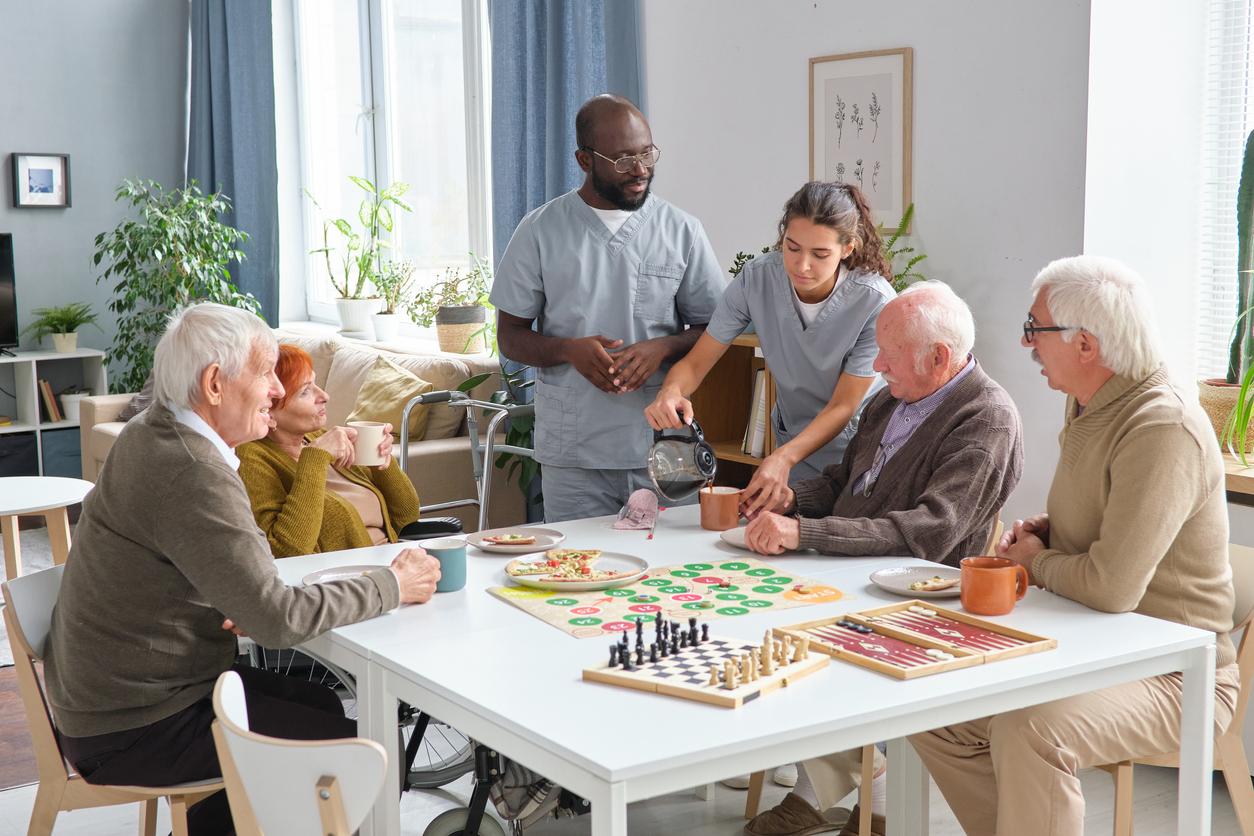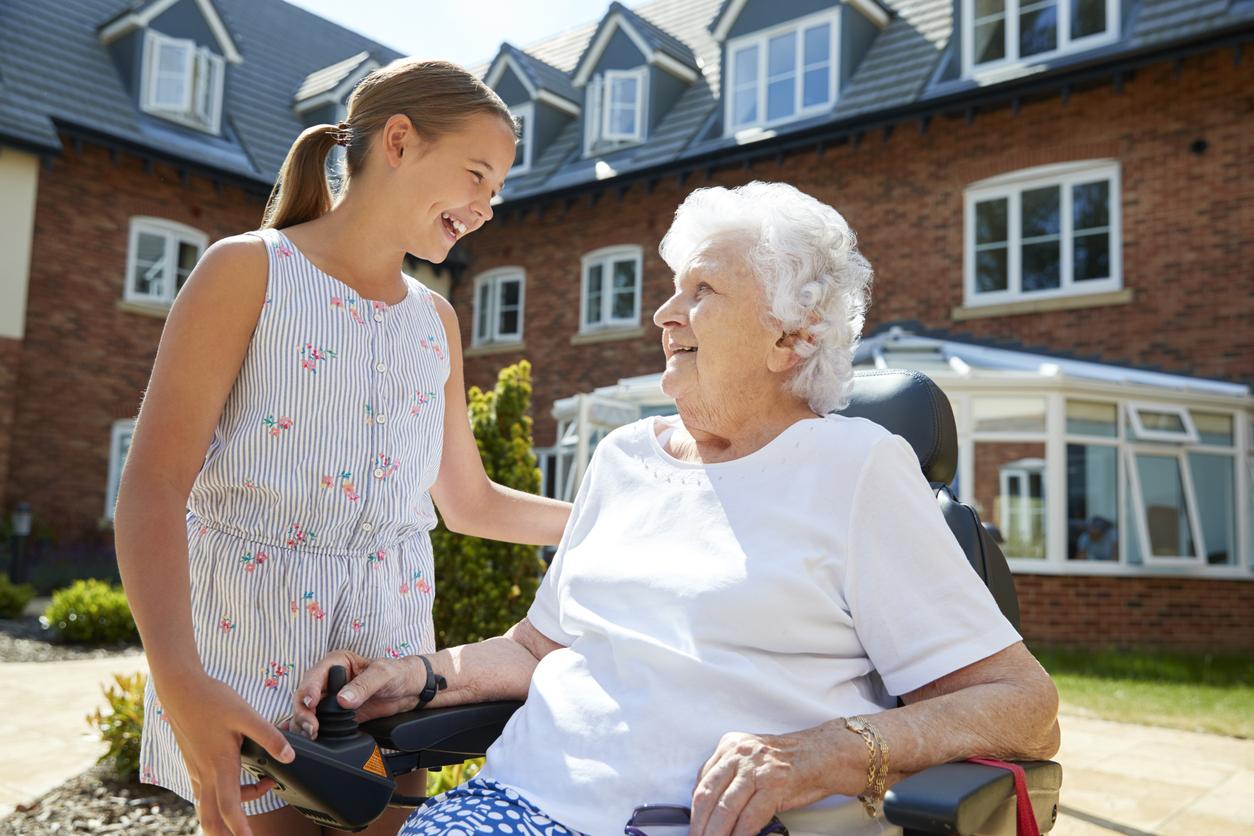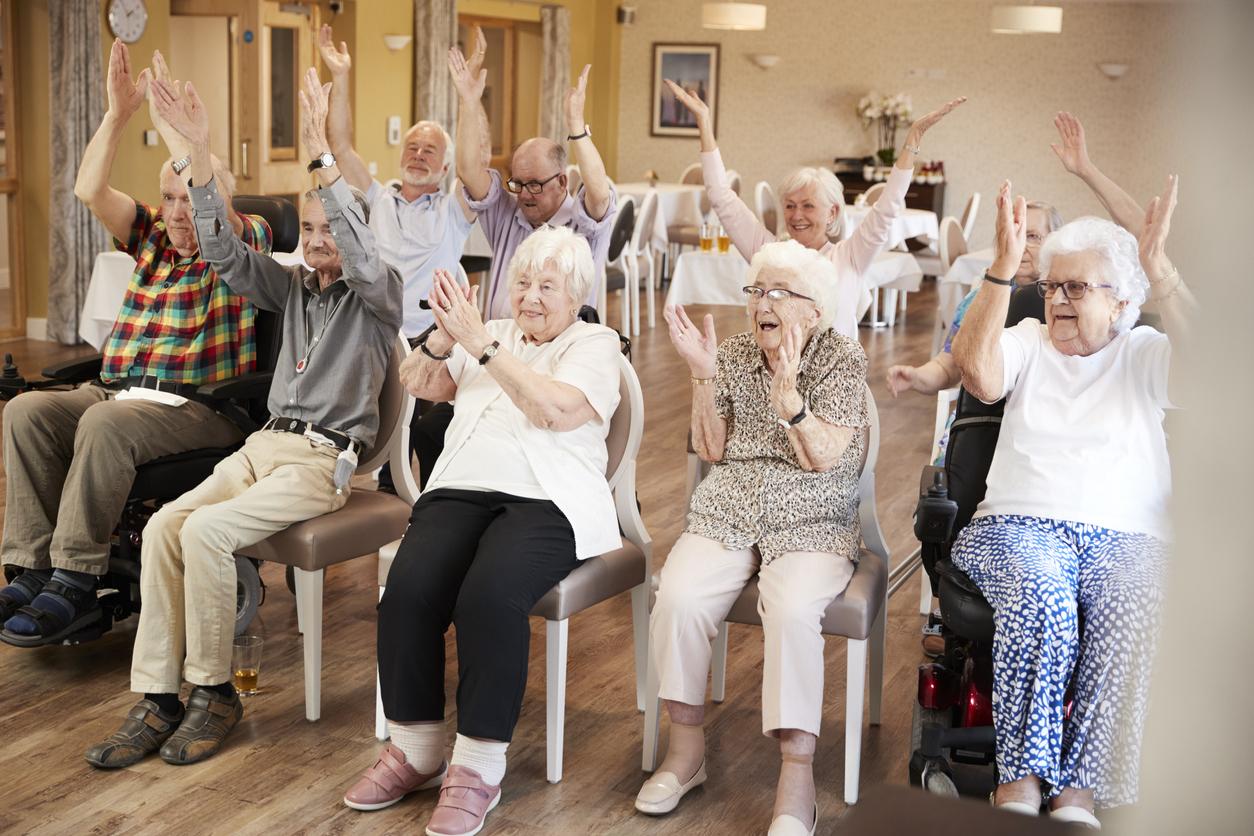Older people think more about enjoying life than anticipating their possible loss of autonomy, according to a survey conducted in four countries including France.

The image of grandparents having eyes only for their grandchildren is shattered. When we ask French people aged 65 and over about their best moments of pleasure, they answer that they experience them first and foremost with their spouses, according to the latest European barometer Bien Vieillir Korian (1), made public on Thursday.
A surprise for young people
Their grandchildren only score in fourth place (behind kids and best friends). With only 13% of responses, against 41% when it comes to spouses! Results at the antipodes of the perception of the youngest. According to the 15-64 year olds, also questioned in this barometer, the elderly live their best moments of pleasure first of all with their grandchildren (41% of responses).
No anticipation on the adaptation of housing
Another surprising result of this barometer, seniors do not anticipate a possible loss of autonomy. “It was a big surprise, including for Ipsos which carries out a lot of studies on the subject”, indicates to why actor Dr Philippe Denormandie, director of the Institut Bien Vieillir Korian, a research structure created two years ago. “Seniors pay attention to them. They are doing well and they are enjoying it, but without anticipating, ”he adds. For example, they do not ask themselves the question of adapting their housing when they want to age in their place.
This does not prevent the elderly from having fears for their future. “They know it’s going to be difficult. Overall for the four countries France, Germany, Belgium Italy., More than half of them think that they will be able to count neither on their children nor on their spouse ”, explains Dr. Denormandie.
Health is not the first concern
While seniors generally pay attention to themselves, for example in terms of nutrition or physical activity, health is not their primary concern. What matters is the notion of pleasure, that is to say the fact of being able to do what they want. And what is also important are the notions of utility and social bond.
On the other hand, when they have health problems, difficulty moving around or organizing their daily life, this has a negative impact on their notion of pleasure. And this is especially true for women over 80 with little financial resources.
Listen to Dr Philippe Denormandie, director of the Institut Bien Vieillir Korian: “ People are not concerned about health, but generally take care of themselves … “
The results differ little from one country to another, even if there are specificities. So while there is dynamism in France tinged with concern about dependency, the family is still very present in Italy.
What is “home”?
Following this barometer, which will be renewed each year, the Institut Bien Vieillir Korian will undertake two research projects in 2015 with academics. The first will focus on these violent ruptures which mean that at some point an elderly person falls into addiction and must be taken care of in an establishment. The second will try to better define what “home” can be and how to recreate it if we have to move to an accommodation facility for dependent elderly people (Ehpad), for example.
Listen to Dr Philippe Denormandie : ” When you work with sociologists and designers, they tell you that the notion of home … “
This barometer is published a few weeks before the examination in Parliament of two bills, the health bill and the bill on adaptation of society to aging.
(1) Survey carried out online during the second half of 2014 by the Institut du Bien Vieillir Korian and Ipsos on a total of 8,000 people aged 15 and over living in France, but also in Germany, Belgium and Italy. Four countries where Korian is present, a group whose main activity is to manage establishments accommodating dependent elderly people (Ehpad).
.
















